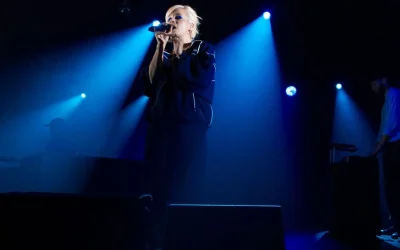The Minnesota Twins baseball team, which implemented a dynamic — or “demand-based” — ticketing initiative this season, is defending the program in the face of criticism from the secondary ticket reselling community that charge that the team is essentially scalping tickets it took back from them.
A Twins spokesperson denies the charge, stressing that the tickets in question are from long-standing team holds from single-game ticket inventory.
Since 2009, when the San Francisco Giants became the first team to implement a dynamic pricing system, teams in several leagues have begun using similar initiatives, often run with the help of experts Qcue or Digonex Technologies, the company the Twins use. Such systems allow teams to raise or lower ticket prices on-the-fly, depending on weather conditions, injuries, team standings, opponents’ records or playoff implications, or other factors.
“We are confining demand-pricing to just two seating sections during our 2011 test: Home Plate Box and Home Plate View,” Chris Iles, corporate communications manager for the Twins, told TicketNews. “The number of tickets available varies greatly depending on the game – it can range from zero seats to 1,500 on a game-by-game basis.”
So far, the team has not raised prices more than $7 above face value, and has not lowered them by more than $5, but on many occasions, the team is able to make extra money when they raise prices while still undercutting what some brokers charge. Teams nowadays are in the habit of checking the secondary market to monitor ticket prices.
Before the start of the season, the team made a controversial decision to take away some season tickets from ticket brokers and redistribute those tickets to fans, prompting some brokers to angrily accuse the team of scalping their own tickets.
Some brokers believe that some of their old tickets are among those the team is selling through its demand-based effort.
“This is a highly unethical practice by the Twins,” said Don Vaccaro, founder and CEO of third-party ticket marketplace TicketNetwork. “It appears as if they signed a deal with a secondary market provider to help season ticket holders sell their extra tickets. Then, once they had empirical data on who was selling them and how much, they take the season tickets back and resell them themselves.”
Another East Coast broker agreed. “A lot of these brokers had been with [the Twins] for several years prior to the team moving to Target Field, buying their tickets, helping them further build their brand. I think these actions are reprehensible,” he said.
Iles was quick to deny the allegations.
“No. These seats represent only unsold single-game ticket inventory and team holds – holds which are in place to accommodate potential player, league, scouts and other team-related needs,” he said, adding that the team plans to keep the number of dynamic-priced tickets at its current level for the rest of the season.
“It’s too early to draw any conclusions [on the test, but] it’s been a fairly non-eventful development,” Iles said, referring to an overall lack of negative or positive fan feedback. “That may be caused since the [NBA’s Minnesota] Timberwolves were the first to launch their version of demand-based pricing and it’s very typical of how hotels and the airline industry price.”
TicketNetwork is the parent company of TicketNews.


